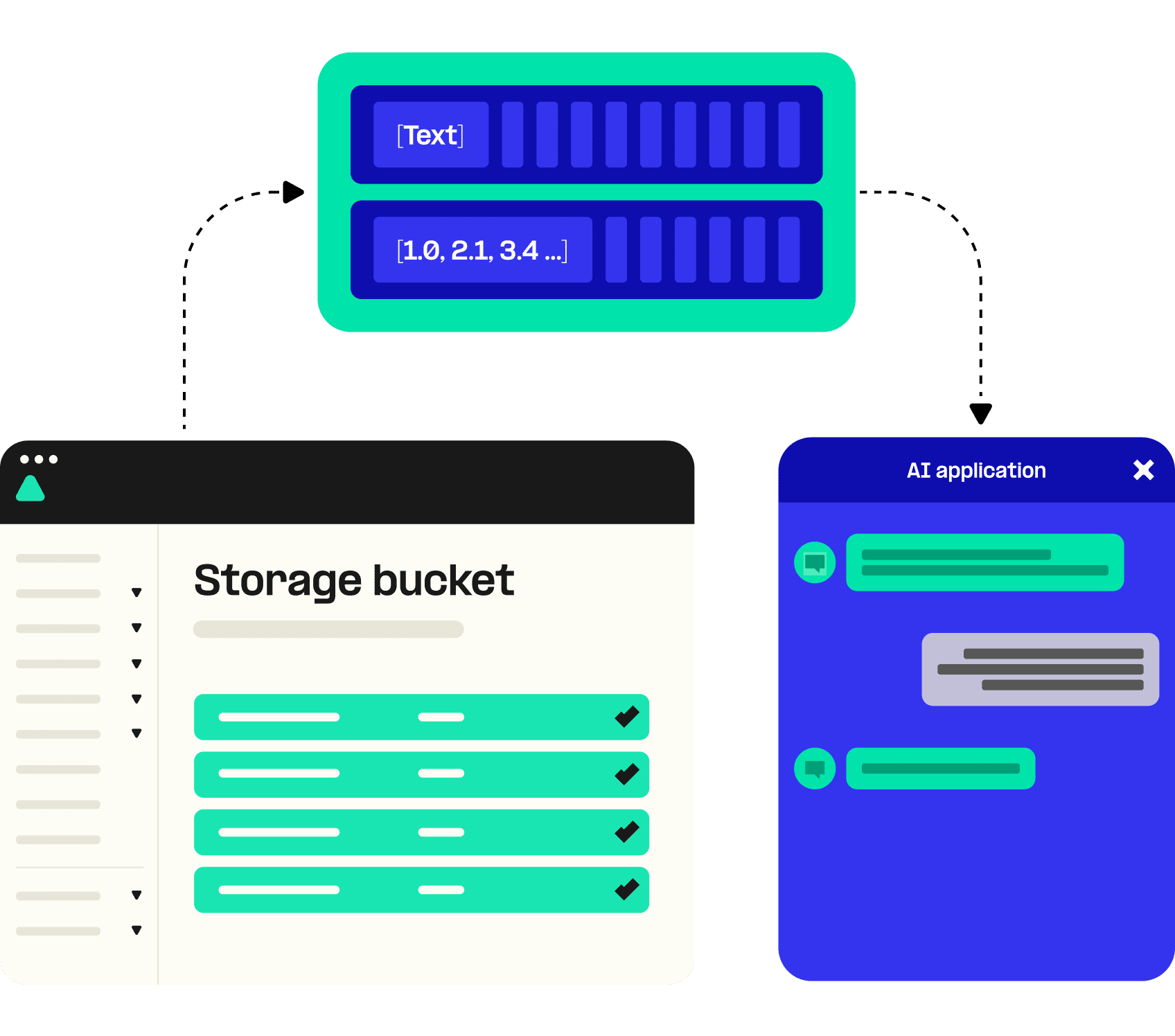Inference In Math - Inference is the act of drawing conclusions based on observations and prior. Inference, in the narrowest sense, is a single step in a deductive chain. Inference theory in discrete mathematics. Rules of inference are essential tools in logic and mathematics, enabling the. The interference theory can be described as the. A valid argument does not always mean you have a true conclusion; Rather, the conclusion of a. 24 rows in logic, a set of symbols is commonly used to express logical representation.
Inference, in the narrowest sense, is a single step in a deductive chain. A valid argument does not always mean you have a true conclusion; Rather, the conclusion of a. Rules of inference are essential tools in logic and mathematics, enabling the. 24 rows in logic, a set of symbols is commonly used to express logical representation. The interference theory can be described as the. Inference theory in discrete mathematics. Inference is the act of drawing conclusions based on observations and prior.
Inference theory in discrete mathematics. 24 rows in logic, a set of symbols is commonly used to express logical representation. Inference, in the narrowest sense, is a single step in a deductive chain. Inference is the act of drawing conclusions based on observations and prior. A valid argument does not always mean you have a true conclusion; Rather, the conclusion of a. The interference theory can be described as the. Rules of inference are essential tools in logic and mathematics, enabling the.
Free inference examples, Download Free inference examples png images
Inference is the act of drawing conclusions based on observations and prior. A valid argument does not always mean you have a true conclusion; Inference, in the narrowest sense, is a single step in a deductive chain. Rather, the conclusion of a. The interference theory can be described as the.
What is (mathematical) inference?
Inference theory in discrete mathematics. Rather, the conclusion of a. Inference, in the narrowest sense, is a single step in a deductive chain. The interference theory can be described as the. Rules of inference are essential tools in logic and mathematics, enabling the.
Literacy & Math Ideas Inference Learning Center Games and Task Cards
A valid argument does not always mean you have a true conclusion; 24 rows in logic, a set of symbols is commonly used to express logical representation. Inference, in the narrowest sense, is a single step in a deductive chain. Rather, the conclusion of a. Rules of inference are essential tools in logic and mathematics, enabling the.
Making Inferences Math Operations Activity Have Fun Teaching
Inference is the act of drawing conclusions based on observations and prior. The interference theory can be described as the. Inference, in the narrowest sense, is a single step in a deductive chain. Rules of inference are essential tools in logic and mathematics, enabling the. 24 rows in logic, a set of symbols is commonly used to express logical representation.
logic Is this a valid or invalid inference? Mathematics Stack Exchange
Inference is the act of drawing conclusions based on observations and prior. Inference theory in discrete mathematics. Rather, the conclusion of a. A valid argument does not always mean you have a true conclusion; Inference, in the narrowest sense, is a single step in a deductive chain.
Inference Equation Teaching Resources
Rules of inference are essential tools in logic and mathematics, enabling the. The interference theory can be described as the. A valid argument does not always mean you have a true conclusion; 24 rows in logic, a set of symbols is commonly used to express logical representation. Inference theory in discrete mathematics.
propositional calculus Discrete math and rules of inference
Inference theory in discrete mathematics. Inference, in the narrowest sense, is a single step in a deductive chain. A valid argument does not always mean you have a true conclusion; The interference theory can be described as the. 24 rows in logic, a set of symbols is commonly used to express logical representation.
Fast Inference AI infrastructure
24 rows in logic, a set of symbols is commonly used to express logical representation. A valid argument does not always mean you have a true conclusion; Rather, the conclusion of a. Rules of inference are essential tools in logic and mathematics, enabling the. Inference, in the narrowest sense, is a single step in a deductive chain.
Literacy & Math Ideas The Four Most Common Kinds of Inference Questions
The interference theory can be described as the. Inference is the act of drawing conclusions based on observations and prior. 24 rows in logic, a set of symbols is commonly used to express logical representation. Inference theory in discrete mathematics. A valid argument does not always mean you have a true conclusion;
Rules of Inference Poly Ed
Inference, in the narrowest sense, is a single step in a deductive chain. 24 rows in logic, a set of symbols is commonly used to express logical representation. The interference theory can be described as the. A valid argument does not always mean you have a true conclusion; Rules of inference are essential tools in logic and mathematics, enabling the.
A Valid Argument Does Not Always Mean You Have A True Conclusion;
Inference is the act of drawing conclusions based on observations and prior. The interference theory can be described as the. Inference, in the narrowest sense, is a single step in a deductive chain. 24 rows in logic, a set of symbols is commonly used to express logical representation.
Rather, The Conclusion Of A.
Rules of inference are essential tools in logic and mathematics, enabling the. Inference theory in discrete mathematics.









